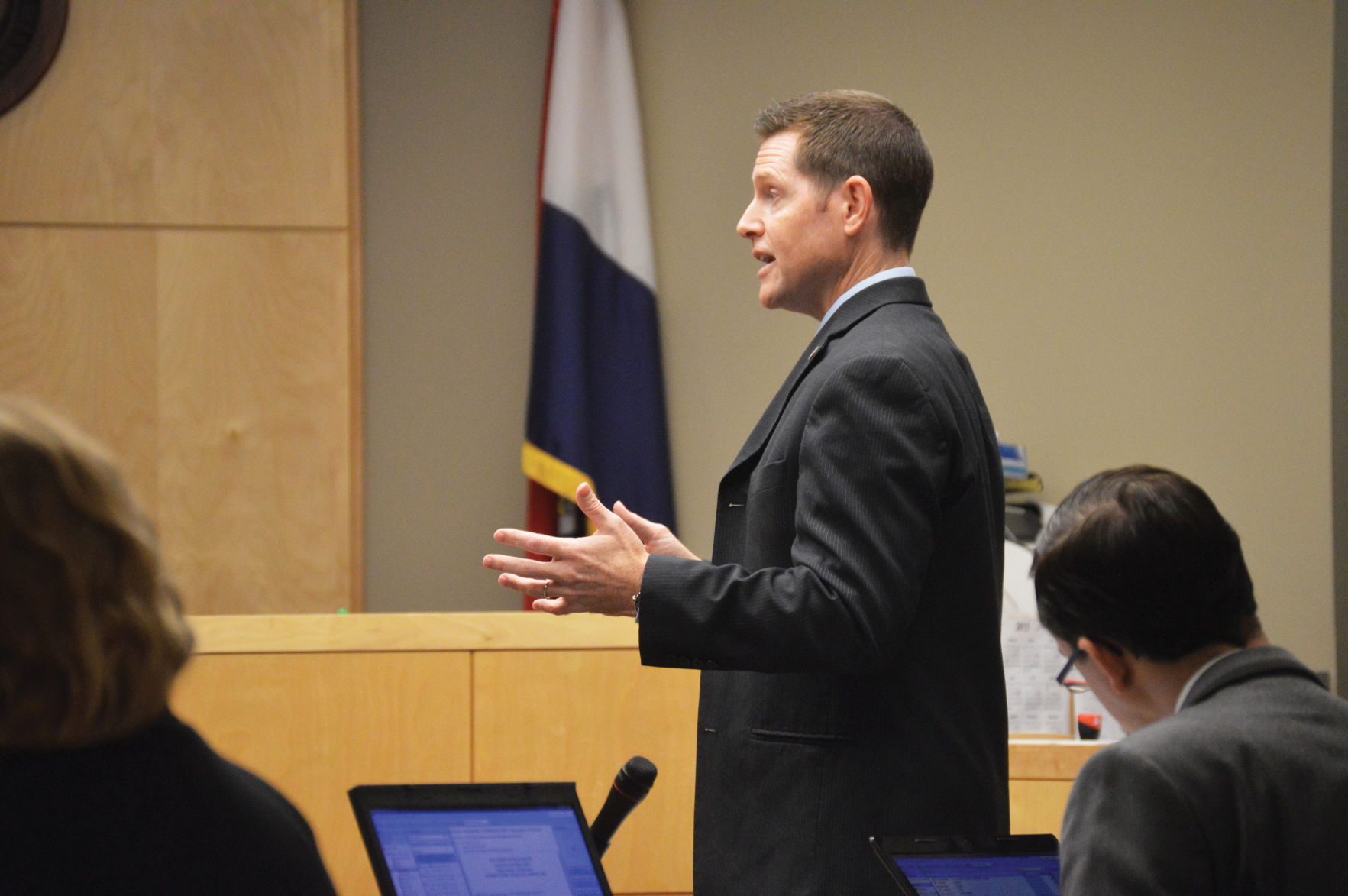More Really Interesting Florida Probate Court Information
1. Exactly what is Probate?
Probate is the approach by which the properties of a deceased person are gathered, lenders paid, and the remainder of the estate distributed to beneficiaries. In a lot of Florida counties, the probate system is performed in a specialized probate department of the Circuit Court, under the oversight of several probate judges.
2. How is Probate Started?
Although any recipient or lender can start probate, usually the individual named in the will as Individual Representative, also referred to as the administrator in other states, begins the procedure by submitting the original will with the court and filing a Petition for Administration with the probate court. Typically a close relative of the decedent who anticipates to acquire from the estate will file the Petition for Administration if there is no will.
3. Who is Qualified to Work As Individual Representative?
A bank or trust company operating in Florida, any individual who is resident in Florida, and a spouse or close relative who is not necessarily resident in Florida are all eligible to act as the Personal Agent. Nonrelatives who are not resident in Florida are not qualified to serve as Individual Agent.
4. How is the Personal Representative Chosen?
If the decedent had a will, the individual called in the will as the Personal Agent will serve, if eligible. The person chosen by a bulk of the recipients in interest of the estate shall select the Personal Representative if that person is unwilling or not able to serve as Individual Agent. If there is no will, Florida law provides that the enduring partner may serve, or, if there is the partner or no spouse is not able or unwilling to serve, the individual chosen by a majority of the recipients in interest will serve.
5. Is the Individual Representative Required to Maintain a Lawyer?
In Florida, the Personal Agent is required in almost all probate estate to keep a Florida probate lawyer. Although the Florida probate types are offered to the public, these are of no use to a non lawyer.

6. How is the Personal Representative Compensated?
Florida law provides a payment schedule for the Personal Representative, based on a portion of the assets of the probate estate.
7. Is the Family of a Departed Individual Entitled to a Portion of the Estate?
Florida law provides for a family allowance for the making it through spouse and small kids of the departed, as well as an elective share for a surviving partner, thirty percent of the estate, if the surviving spouse would prefer the optional share to that left under the regards to the will. A Florida local is entitled to disinherit adult children, for any or no factor. Obviously, if it can be revealed that the adult kids were disinherited as a result of the influence of another, they might have recourse through the court of probate.
8. What Assets go through Probate?
Properties owned by the departed person are subject to probate. Possessions that pass by ways of title, such as real estate entitled as "Joint Tenants with Right of Survivorship," or savings account entitled as "Transfer On Death" are exempt to the probate procedure. Possessions that pass by methods of a recipient classification, such as life insurance or some retirement accounts, are likewise not subject to probate.
In some circumstances, however, properties that would otherwise go by title or beneficiary classification can be subject to the probate procedure, particularly when it comes to a surviving partner choosing to take an optional share against the estate.
9. How is Circulation of the Estate Handled if there is no Will?
Florida law sets forth rules for the distribution of an estate if there is no will.
The enduring partner is entitled to the entire estate if these is a surviving partner and http://bniwcf.com/fl-central-west-bni-revenue-source-(new-port-richey---trinity)/en-US/memberlist no lineal descendants.
If there is a surviving partner with lineal descendants, and all lineal descendants are likewise descendants of the making it through spouse, the surviving spouse is entitled to the first $20,000 of the probate estate, plus http://www.bniconnectglobal.com/bnicms/previewsites/bniwcf.com/memberdetails.php?userId=1061172®ionId=6584&t=499947c7f14e5f712905ef616e3e687815c3a28e8ae099d52d0211401ae1b270&name=Britney%20%20Morris&heading=Ambassador+Details half of the remainder of the probate estate. The descendants share in equal portions the rest of the estate.
If there is a surviving partner with lineal descendants, and not all lineal desdendants are likewise descendants of the enduring partner, the making it through spouse is entitled to half of the probate estate, and the descendants of the deceased share the other half of the estate in equal shares.
If there is no surviving spouse and there are descendants, each child is entitled to an equivalent share, with the kids of a departed kid sharing the share of their departed parent.
If there is no enduring spouse and no kids or other descendants, Florida law provides extra rules for distributing an estate in such scenarios.
10. Who is accountable for paying estate taxes?
Under the Internal Revenue Code, the estate tax is gathered from the estate of the deceased. Depending upon the regards to the will, the estate tax might be paid from the probate estate only, or also from a living trust, life insurance earnings, and other possessions passing straight to beneficiaries outside the probate estate. The estate tax return, Type 706, is submitted by the Personal Agent. The Kind 706 is because of be submitted 9 months after the date of death.